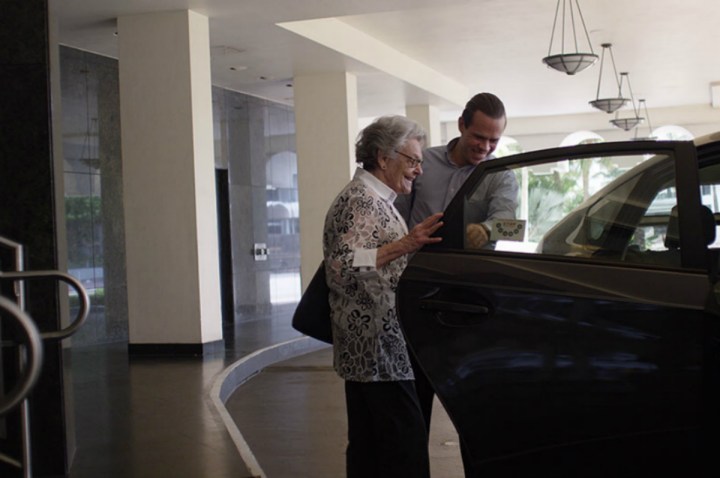
“The traditional health care transportation model is severely outdated,” said Circulation co-founder John Brownstein, Ph.D. “Every patient’s experience begins and ends with their ride, which is why the integration of Uber and Circulation offers a smart, digital transportation platform for health care that customizes rides around patients’ specific needs and ensures they get the care they deserve.”
To be clear, this program is more than just clicking on the Uber app to book a trip for a doctor’s appointment. Uber picked Circulation as its “Preferred Healthcare Platform Partner” because of the company’s existing centralized platform and portal.
As a health care system provider, Circulation’s platform is Health Insurance Portability and Accountability Act (HIPAA) compliant. Patient privacy and health information are kept secure. The platform also integrates with insurance programs, ensuring coverage is extended where available.
The initial hospitals in the pilot program are Boston Children’s Hospital, Mercy Health System’s three acute-care hospitals and all-inclusive care program for the elderly in Pennsylvania, and Nemours Children’s Health System in Wilmington, Delaware. Circulation plans to expand its service to six more states before the end of the year.
Rides with the program will be initiated by hospital transportation coordinators using the Circulation platform interface. The hospital staff will schedule and manage the Uber rides. When a patient makes an appointment with one of the care facilities in the pilot program, an on-demand ride will be booked at the same time.
The need for such service is huge. According to the Journal of the American Medical Association, approximately 3.6 million Americans miss medical appointments each year because of transportation problems. Included in that number are almost one million children. Also, as cited by Circulation, according to the Transportation Research Board, Medicaid pays as much as $3 billion a year for non-emergency medical transportation, with approximately one-third funded incorrectly.
This new venture is a potentially huge business for Uber. “We’re very proud of this integration and thrilled to call Circulation our Preferred Healthcare Platform Partner,” said Meghan Joyce, Uber’s East Coast regional general manager. “Circulation is unique in that it seamlessly connects healthcare information systems to a dependable, low-cost, end-to-end platform that simplifies and improves patient transportation logistics. Through Circulation, hospitals now have a viable option for modernizing their non-emergency medical transportation and can easily request an Uber when they need one.”



